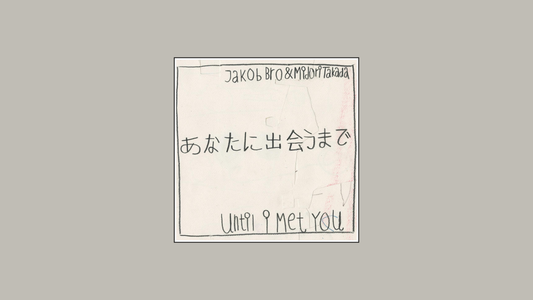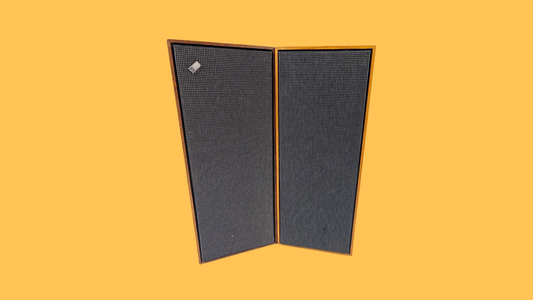
Arooj Aftab, Vijay Iyer & Shahzad Ismaily – Love in Exile (2023)
By Rafi Mercer
Some albums feel like time slowing down. Love in Exile is one of them — a record so quiet, so human, that it seems to unfold at the pace of thought. It’s not an album you play; it’s one you enter.
Arooj Aftab’s voice hovers like light through smoke — clear, calm, unhurried. Vijay Iyer’s piano moves like tidewater: patient, precise, always listening. Shahzad Ismaily, on bass and synths, shapes the air between them, a steady hum that makes the silence feel alive. There are no beats to hold onto, no choruses to expect — just the trust between three people learning to share stillness.
They recorded it live, improvising from fragments and feeling rather than form. What emerged was an hour-long dialogue about connection — love, distance, exile, and return. The title says it all: this is music born of movement and memory, a sonic home built by those who’ve had to find belonging in transit.
Aftab sings mostly in Urdu, the language of the ghazal — poetry built on longing and distance. Even if you don’t understand the words, you feel the meaning in the way she shapes air. She doesn’t perform emotion; she allows it to appear. Each note lingers like a hand reaching across space.
The opener, “To Remain/To Return,” feels like a beginning that never really begins — a suspended state between heartbeat and breath. Iyer’s chords shimmer like lanterns reflected in water. The sound feels intimate but unpossessed, as if the trio discovered a language too delicate to translate.
“Shadow for the Starless” is where everything gathers weight. It begins with Iyer tracing a single motif, almost fragile, before Aftab enters — wordless at first, then in half-sung phrases that feel like prayer. Ismaily’s bass underpins it all, grounding the transcendence. You can hear the trust in every pause. It’s not about virtuosity; it’s about presence. Through a proper system, this track fills the room with a warmth that seems to slow your pulse.
Each piece flows into the next like a single breath. “Eyes of the Heart” glows with quiet optimism; “Haunted” feels like memory replayed in real time. By the time you reach “Sajni,” the trio have built an atmosphere so tender you forget how it started. You realise that what you’re listening to isn’t structure but chemistry — an improvisation so deep it feels composed.
There’s something quietly political about that level of trust. Three artists from different continents, different histories, different traditions, meeting with no agenda except to listen — that itself is a statement. In an age of noise, of constant declaration, Love in Exile chooses patience. It’s protest through poise.
And yet, it’s deeply emotional. The record aches with longing — not for a specific person, but for a kind of wholeness. You feel migration, distance, exile, and return embedded in the phrasing. It’s a map written in sound: from Lahore to New York to wherever you happen to be when the record finds you.
Through high-fidelity playback, it’s breathtaking. The air between instruments becomes part of the composition. You hear fingers brushing keys, breath against microphone, electricity humming faintly in the background. Nothing here is polished to perfection; it’s alive in the way handmade things are.
When the final track, “Promise,” fades, the silence that follows feels charged — not absence, but continuation. You’re left with the sensation that you’ve witnessed something private, something meant to linger rather than resolve. It’s the sound of belonging being redefined, not as place, but as presence.
That’s why Love in Exile works so perfectly in a listening-bar context. It doesn’t ask for stillness; it creates it. The record doesn’t dominate a room — it reorganises its rhythm. It makes conversation quieter, thought slower, time softer.
Every now and then, a record reminds you that attention itself is an act of love. This is one of them.
Rafi Mercer writes about the spaces where music matters.
For more stories from Tracks & Tales, subscribe, or click here to read more.














